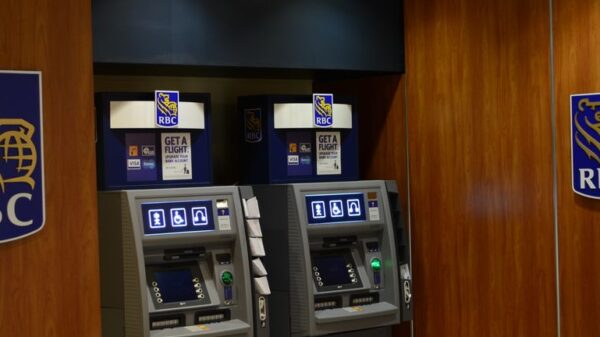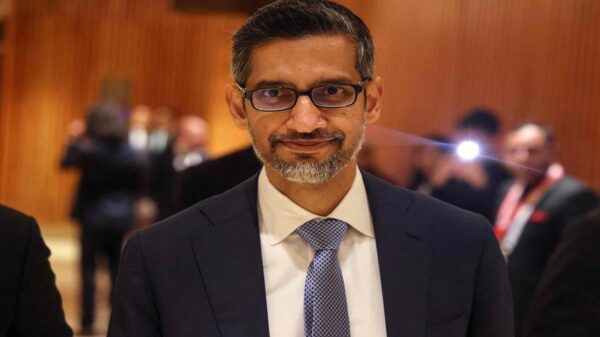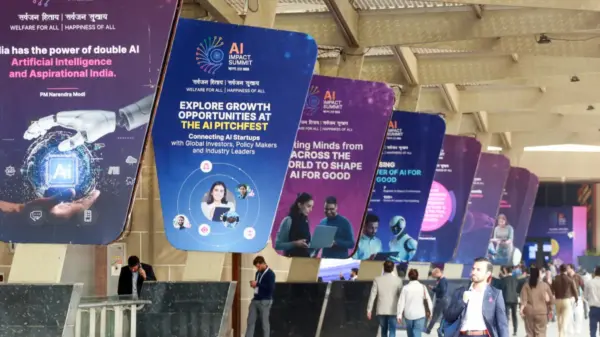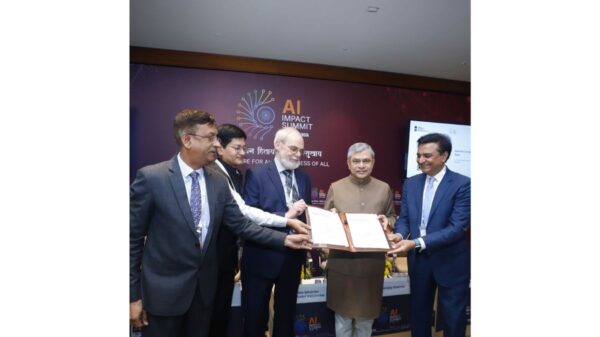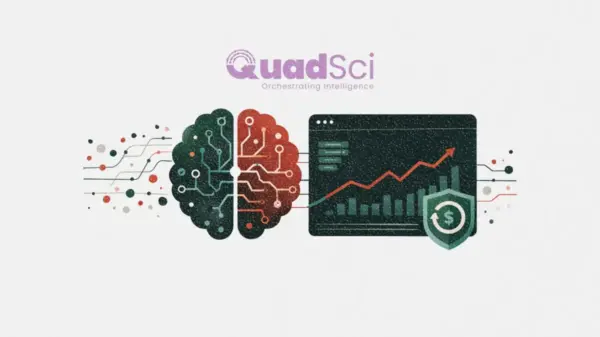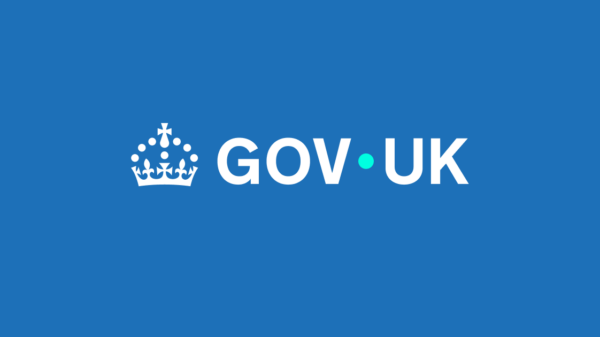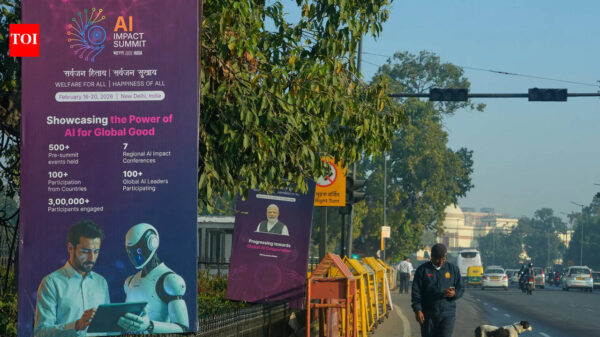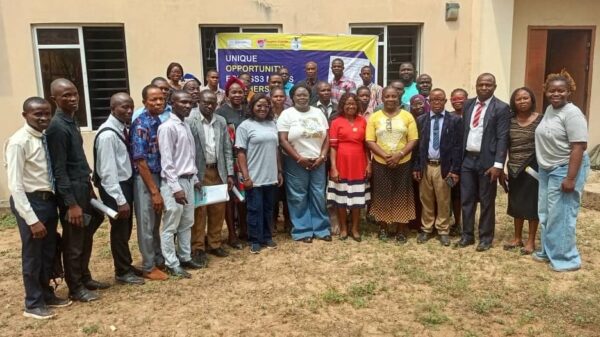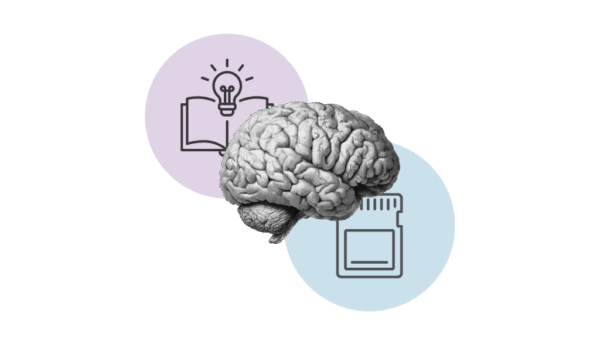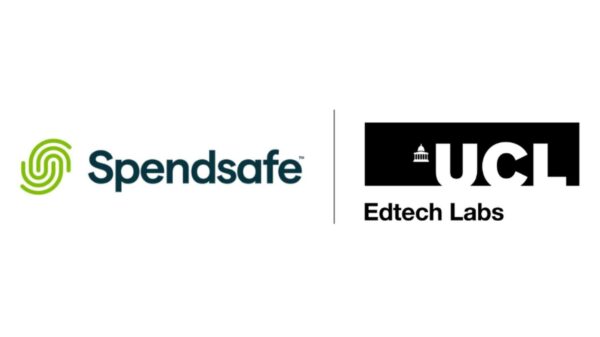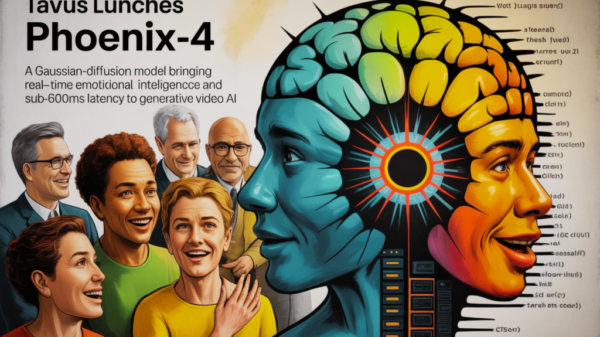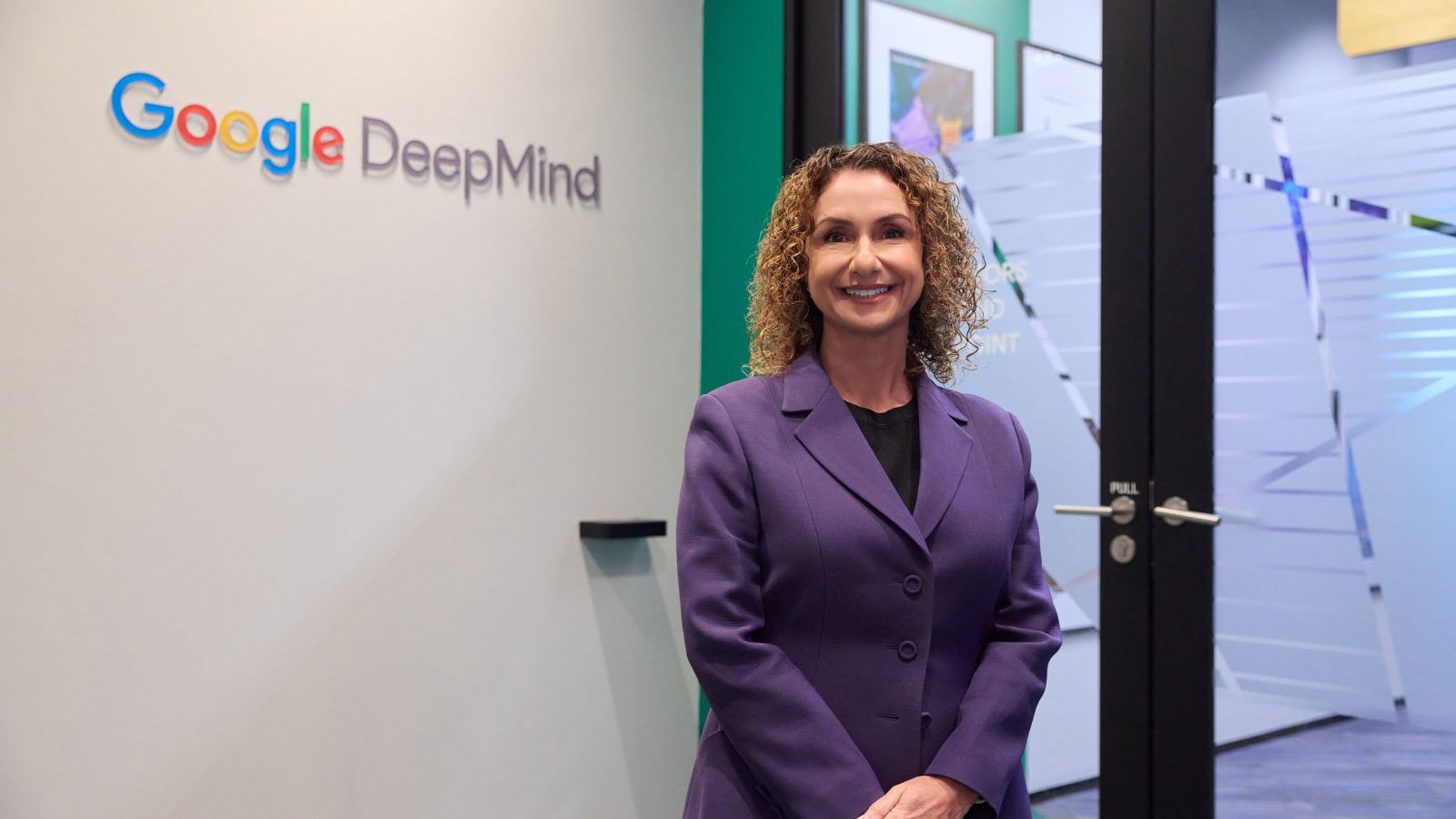Google DeepMind is making significant strides in the Asia Pacific by establishing a new AI research lab in Singapore. This initiative aligns with the government’s efforts to accelerate AI adoption through its National AI Strategy 2.0 and Smart Nation 2.0 plans.
This new lab is a testament to an increased investment in the region, following the company’s decision to more than double its APAC team over the past year. The Singapore-based team will consist of research scientists, software engineers, operations specialists, and AI impact experts, focusing on enhancing the capabilities of Gemini and integrating its latest models across Google’s products and Cloud services. A key emphasis will be placed on linguistic and cultural inclusivity tailored to the Asia Pacific market.
Additionally, the lab will act as a collaborative hub, fostering partnerships with governmental agencies, businesses, civil society, and academic institutions throughout the region. Notably, Singapore organizations are already leveraging Google’s AI tools across various sectors. For example, the A*STAR and the National Neuroscience Institute have utilized AlphaFold to advance research on Parkinson’s disease. Furthermore, a collaboration involving GovTech, the Cyber Security Agency, the Infocomm Media Development Authority, and Google recently led to the launch of an AI agent sandbox to evaluate autonomous solutions aimed at public-sector applications.
Google DeepMind has also partnered with AI Singapore on Project Aquarium, which serves as an open data platform focused on Southeast Asian languages. This collaboration has been expanded to support SEA-LION, a series of large language models (LLMs) fine-tuned for regional cultural and linguistic contexts, culminating in the recent launch of SEA-LION v4 based on Gemma 3’s multimodal capabilities.
In an effort to enhance educational accessibility, students in Singapore are being offered a one-year free trial of the Google AI Pro Plan. Moreover, the introduction of Gemini Academy through the IMDA’s Singapore Digital Office aims to broaden AI literacy beyond traditional educational environments. For startups, the Google for Startups: AI First accelerator is providing support to local founders who are utilizing generative AI to address economic, societal, and environmental challenges.
These initiatives underscore the potential of merging cutting-edge research with Singapore’s vibrant innovation ecosystem. Google DeepMind has articulated its commitment to strengthening partnerships across the Asia Pacific, aiming to significantly scale the impact of AI within local communities. As Sanjay Gupta, President of Google Asia Pacific, remarked, “Google has been a part of the Singapore story for close to two decades, as home to our Asia-Pacific headquarters. The new Google DeepMind research lab in Singapore is a strong signal of the importance of this region and will help to ensure Asia Pacific—home to more than half the world’s population—is not just consuming AI, but is an architect and developer of this transformative technology.”
Lila Ibrahim, COO at Google DeepMind, emphasized Singapore’s strategic advantages, stating, “Singapore’s forward-looking approach and unique position make it the ideal place for our new Google DeepMind AI research lab. We are here to harness the region’s exceptional talent, drive purposeful research, and build the essential partnerships to advance AI responsibly and deliver tangible, global impact.”
Jermaine Loy, Managing Director at EDB, added that the establishment of Google DeepMind’s first Southeast Asian research lab in Singapore fortifies the country’s ambitions to evolve into an AI innovation hub. She noted that this collaboration is poised to advance solutions in critical areas such as healthcare, energy, and climate while creating valuable opportunities for Singapore’s talent and research community through access to cutting-edge AI tools.
As Google continues to expand its footprint in Singapore, the company is also ramping up its efforts surrounding online safety. In October, Google announced plans to implement age assurance solutions across its products by early 2026 to provide more age-appropriate experiences for users under 18, addressing growing parental concerns about online safety.
By leveraging machine learning models to estimate user ages from various signals including search activity, Google is introducing safeguards for those identified as under 18. These measures include default SafeSearch filters, restricted access to adult applications on Google Play, disabled features on Google Maps, and content limits on YouTube, demonstrating a commitment to user privacy and safety.
This multifaceted approach by Google DeepMind not only highlights the company’s dedication to advancing AI research and application across Asia Pacific but also emphasizes the significance of collaborative efforts in shaping the future of technology in the region.
See also Redburn Downgrades Microsoft to Neutral, Cuts Price Target from $560 to $500 Amid AI Headwinds
Redburn Downgrades Microsoft to Neutral, Cuts Price Target from $560 to $500 Amid AI Headwinds AI Market Set to Soar: Projected Growth from $345.8B in 2025 to $2T by 2032
AI Market Set to Soar: Projected Growth from $345.8B in 2025 to $2T by 2032 Hugging Face’s Clem Delangue Warns of Imminent LLM Bubble Burst Impacting AI Landscape
Hugging Face’s Clem Delangue Warns of Imminent LLM Bubble Burst Impacting AI Landscape Google DeepMind Launches First AI Research Lab in Southeast Asia, Strengthening Regional Innovation
Google DeepMind Launches First AI Research Lab in Southeast Asia, Strengthening Regional Innovation Bharath Lakshman Recognized by Marquis Who’s Who for AI Innovations at AWS
Bharath Lakshman Recognized by Marquis Who’s Who for AI Innovations at AWS








